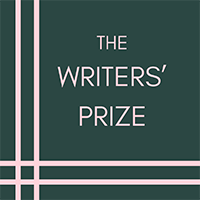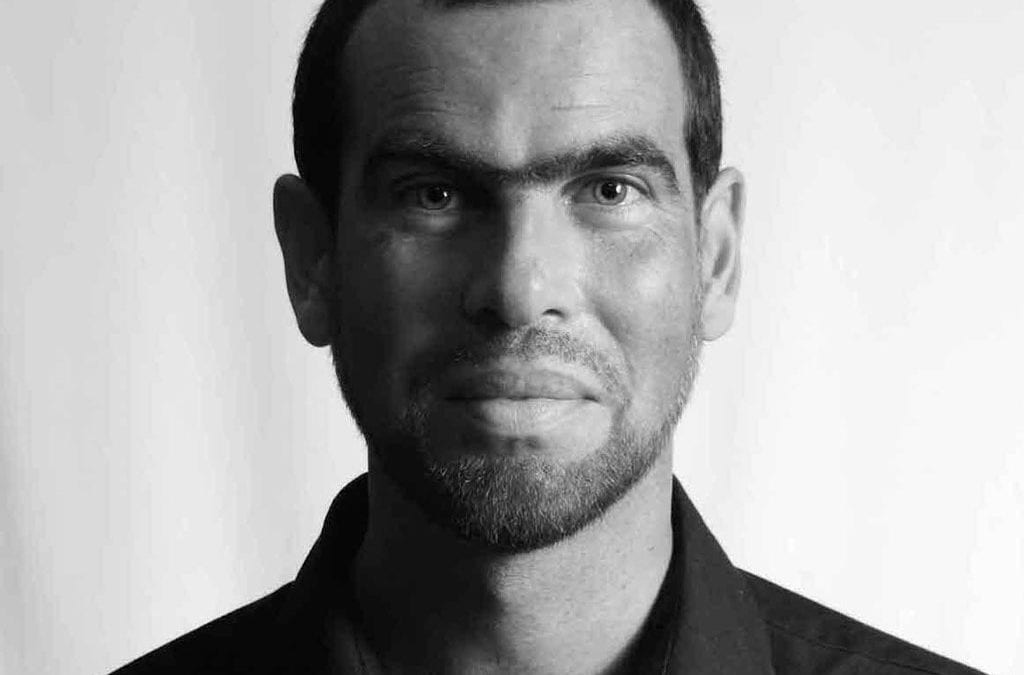At what age did you know you wanted to become a writer?
Robin: Perhaps since three or four, when I used to visit the bookshop my grandfather worked in, and was enchanted.
Leila: I’ve never thought ‘I want to be a writer’. And do not really consider myself to be one. I’m an activist, who occasionally writes, because it’s an effective means to communicate the issues I feel passionate about.
Was your first book published or is it still lurking in a drawer somewhere?
Robin: It was published, but I have several still-born novels and half-novels of later years dying in drawers.
Leila: My first book was Burning Country. I have dozens of half-written articles lurking in drawers.
What was your favourite childhood book?
Leila: Oscar Wilde’s The Selfish Giant. The copy I had as a child had such beautiful illustrations in it. I also loved Pippi Longstocking – it must be the rebel in me.
Robin: Hamish Meets Bumpy Mackenzie. Which wasn’t so good when I re-read it. Next was Alice in Wonderland, which was.
What is your ‘if you don’t like this, you can’t be my friend’ book?
Leila: I don’t have such a dogmatic position towards friendship.
Robin: I only accept friends from that set of humans that has learnt Finnegans Wake by heart.
Do you find the process of writing agony or pure pleasure?
Robin: Both, of course.
Leila: Deciding what to write can be an agonising process. But once the fingers start punching at the key board I often find it cathartic.
Who, in your opinion is the most under-read author?
Robin: Saadat Hasan Manto. Or Hassan Blasim. Or my friend John Liechty, who hasn’t been published.
Leila: I recommend Samar Yazbek and Yassin al-Haj Saleh. The best commentators on Syria are, naturally, Syrians.
Who or what have been your most important influences?
Robin: It depends what you mean. My grandfather. Shakespeare, Tosltoy, Saul Bellow, Mohsin Hamid. In the last years, those people across the Arab world who have struggled in the most difficult circumstances for dignity, social justice and democracy.
Leila: Our book is dedicated to a woman named Razan Zeitouneh. I worked with Razan for a number of years before the uprising began in Syria, and we became close friends. At that time she was a human rights activist who showed immense courage speaking out for victims of state oppression in a Syria known as a ‘Kingdom of Silence’. In the revolution she became a key figure in the grass-roots resistance. She helped found the Local Coordination Committees, which organised the early protest movement and performed media work. Razan never compromised on her values, and never ceased to stuggle for freedom and justice. She was fiercely independent in her thought and the way she chose to live her life. She was quiet, softly-spoken and never sought the limelight. She moved human rights activism away from being an abstract, legal concept and took it to the people and the streets. Razan always had time for others; her kindness and humanity defined her. She provided a sholder to cry on for former victims of torture, and emotional and material support to the families of detainees. Razan spoke out against all forms of authoritarianism and tyranny, regardless of the perpetrator or the victim. Maybe it was this that provoked the ire of Jaish al-Islam, an opposition militia believed to be behind her kidnapping in December 2013, along with three other activists. Nothing has been heard of the four since.
I hope that one day I can tell Razan of the huge respect I have for her. The world is certainly a darker place without her.
If you weren’t a writer, what would you be doing?
Leila: I enjoy gardening and cooking for family and friends. Both are acts of love. And it’s wonderful to cook food you have grown yourself.
Robin: Hunter-gathering, perhaps.
How long did it take you to write the book that is shortlisted for the Rathbones Folio Prize?
A draft was written in a furious three months, but the whole process, including interviews with Syrian informants, took about a year. Of course, many previous years of talking, seeing, thinking and reading went into it too.
Favourite film?
Robin: Oh, if I have to choose, Andrei Rublev
Leila: Recently, Searching for Sugar Man.
Favourite Album
Robin: Miles Davis’ Kind of Blue.
Leila: It depends so much on my mood. At the moment I’m listening to the flamenco guitarist Juan Martin and the Lebanese band Mashrou’ Leila. Both are attached to memories of people who are no longer in my life, and are very much missed.
Favourite Artist
Robin: Paul Klee.
Leila: L.S. Lowry.


Recent Comments